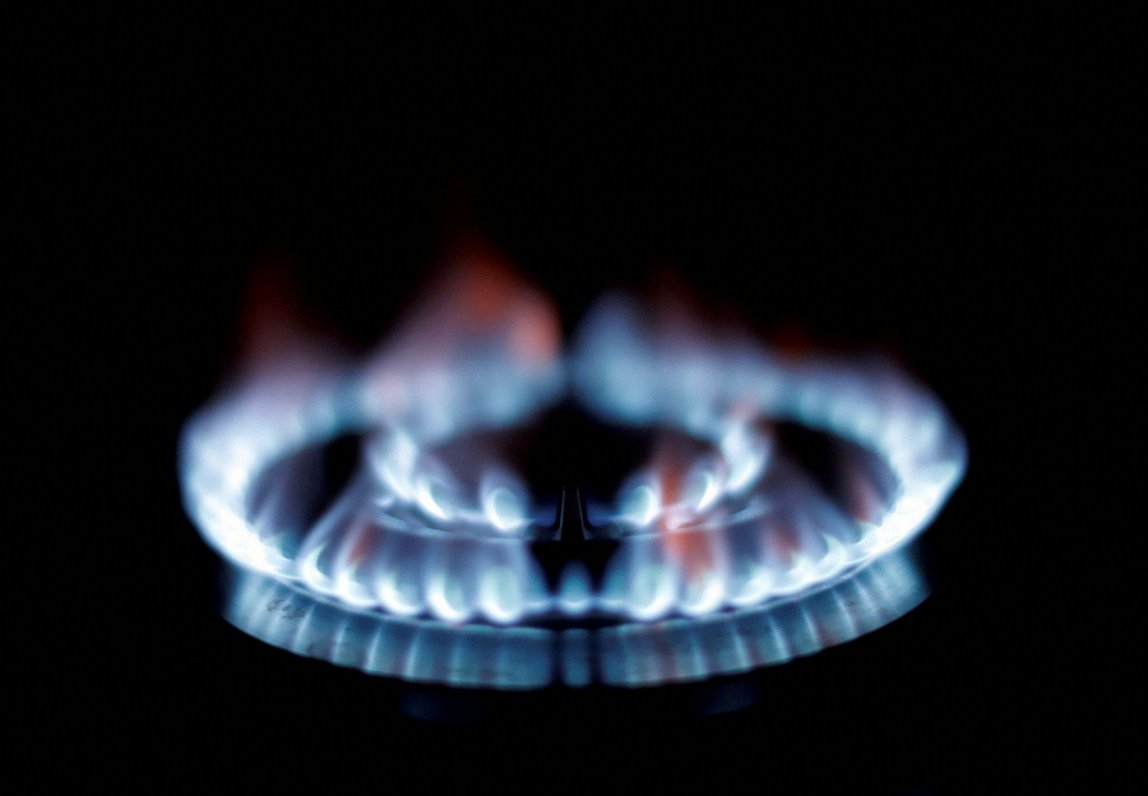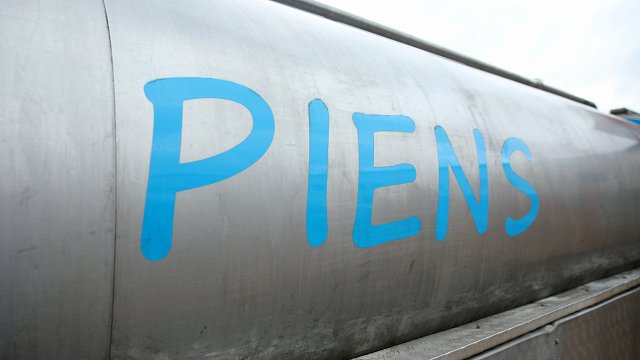The head of the market surveillance division of the SPRK Energy Department Jānis Negribs said in an interview with Latvian Radio on July 15 that it should be taken into account that these data also include a time when Russia had not yet invaded Ukraine. The most recent data for May and June itself shows that the decrease, compared to the relevant months of last year, is even higher than 43%. The expert said there was still time to interpret the latest data.
SPRK said that the decrease in consumption was mainly influenced by weather conditions and unprecedented high natural gas prices.
Although the beginning of last winter was unusually cold, in the following winter months the average air temperature was above the normal climate. This reduced the consumption of natural gas for heating purposes accordingly.
Meanwhile, demand for natural gas for electricity generation at cogeneration plants was significantly lower during that period, mainly due to rising natural gas prices. Electricity from natural gas is produced or imported in cases where the amount of electricity that can be produced from less costly renewable resources (hydro resources, wind, and sun) is insufficient.
Latvian Radio reported that the amount of energy produced in cogeneration from gas decreased by 53% compared to January and May, according to the previous five years.
Average monthly prices of natural gas on Europe's largest exchanges, the Netherlands Title Transfer Facility (TTF) and Belgium's Zeebrugge Trading Point (ZTP), reached their highest level in March (around 130,00 EUR/MWh). Compared with March 2021, it was 7.4 times the price, as well as one of the steepest price gains — up about 62% relative to February 2022. Such a market reaction was sparked by Russian warfare in Ukraine and related concerns about natural-gas supplies.
Geopolitical conditions also make prices volatile and difficult to predict even for the next month, not to mention forecasts for longer periods.






























